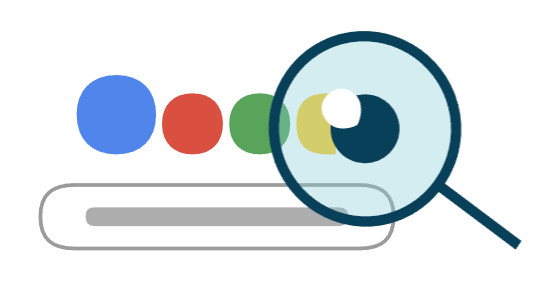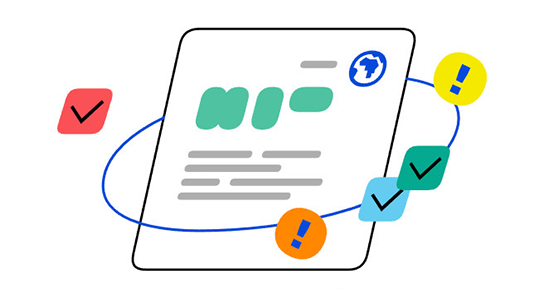Search Engine
Optimization
A beginner’s guide from Ahrefs
A beginner’s guide from Ahrefs
Ahrefs Pte. Ltd. is a software company that develops online SEO tools and free educational materials for marketing professionals.
We are a lean multinational startup headquartered in Singapore that values making meaningful and easy-to-use products. We shift things fast to give our customers what matters most to them, and to keep us ahead of the game. Our motto is “First do it, then do it right, then do it better.”
Ahrefs’ founder and CEO, Dmitry Gerasimenko, built his first document search engine when he was only 15. His interest in search engines never waned and in 2007, he revisited his work on search engines for documents and files. This led to the birth of our backlinks index in 2010, which in turn became the source of data for Ahrefs’ first version of Site Explorer.
These six chapters are all you need to build a strong foundation of SEO knowledge and start ranking higher in Google.
If you want to dig deeper, each chapter has links to plenty of more advanced learning materials.

Before you start learning SEO, you need to understand how search engines work.

Learn how to set your website up for SEO success, and get to grips with the four main facets of SEO.

The starting point in SEO is to understand what your target customers are searching for.

Before you start learning SEO, you need to understand how search engines work.

Before you start learning SEO, you need to understand how search engines work.

Before you start learning SEO, you need to understand how search engines work.

Before you start learning SEO, you need to understand how search engines work.
If you’ve read anything about SEO before, you’ll know there’s lots of industry jargon. But to keep things simple for now, here are a few key terms and concepts you should know.
Backlinks: Links from a page on one website to another.
Keywords: The words and phrases that people type into search engines to find what they’re looking for.
Long-tail keywords: Keywords with low search volumes.
SERPs: This stands for Search Engine Results Pages. They’re the pages that Google and other search engines show in response to a user’s search query.
SERP features: Non-traditional search results (not a ‘blue link’) like videos, tweets boxes, or featured snippets.
Featured snippets: Answers to search queries pulled from a top-ranking page that show up near the top of the SERP.
Rich snippets: Search results with additional valuable information displayed alongside them (e.g., star ratings, cooking times, etc.)
Outreach: Emailing relevant bloggers and journalists to tell them about your content.